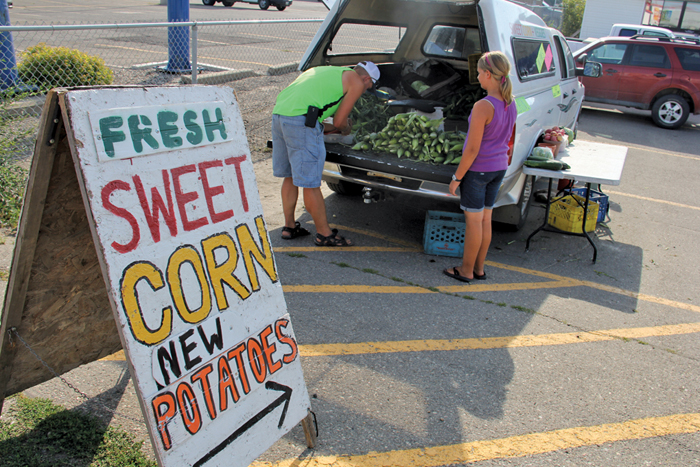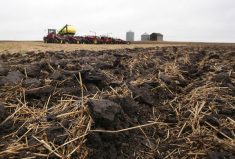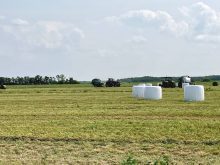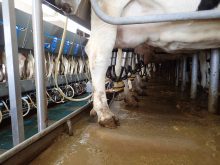Producers attending public consultations on small-scale food production last week had a consistent message — the current system prohibits their success, and food safety rules and regulations need to be re-evaluated.
Not everyone is so lucky. Monika Zinn, a small-scale mixed-livestock producer in Springfield, raises and directly markets chickens. She was not grandfathered. She said her son, who is also her business partner, had to find a second job as an agronomist to supplement their farming income.
Judy Swain, a mixed-livestock producer near Steinbach, agreed. “You can’t support your family on 99 turkeys or 999 chickens,” she said. “The scale doesn’t work to support the success of small-scale farming.”
“Manitoba Chicken Producers is calling the shots right now. Small farmers don’t necessarily have a voice,” said Kalynn Spain, who founded Small Farms Manitoba, a directory of local producers.
Common theme
The meeting at St. Norbert Community Centre was one of three consultations led by former chief veterinarian Wayne Lees to collect input on small-scale production in Manitoba. The information will be consolidated into a series of recommendations and submitted to Agriculture Minister Ron Kostyshyn. The meetings are part of Kostyshyn’s recent effort to gather feedback from the small-scale food industry.
The consultation at the Brandon Ag Centre revealed similar themes.
“We’re hearing some of the same ideas repeated between St. Norbert and Dauphin and now here in Brandon,” Lees said. “There’s a common theme starting to emerge and these are issues that need to be addressed.”
Those who can’t make it to the consultations are invited to fill out a survey online. Lees will also be conducting several over-the-phone interviews in an effort to connect with busy producers who can’t make it out to a meeting.
Read Also

The joys of fishing from shore
Manitoba has many lake and river shorelines to drop a fishing line without the cost of a boat, making shore fishing more accessible, and anglers can still catch impressive fish.
Small-scale producers generate a good chunk of the total income from the food- and beverage-processing industry in Manitoba. MAFRD estimates annual direct-market sales generate $65 million to $79 million annually. And in 2012 farmers’ markets generated an estimated $241 million worth of sales.
“That’s nothing to sneeze at,” said Lees.
Larry Kleinsasser, a chicken and turkey producer from Stony Mountain, said he was pleased with how the meeting went, but is reserving full judgment for later.
“I think (today’s meeting) was well done, well organized,” he said. “But now the results of the meeting are going to show whether we were actually listened to.”






















